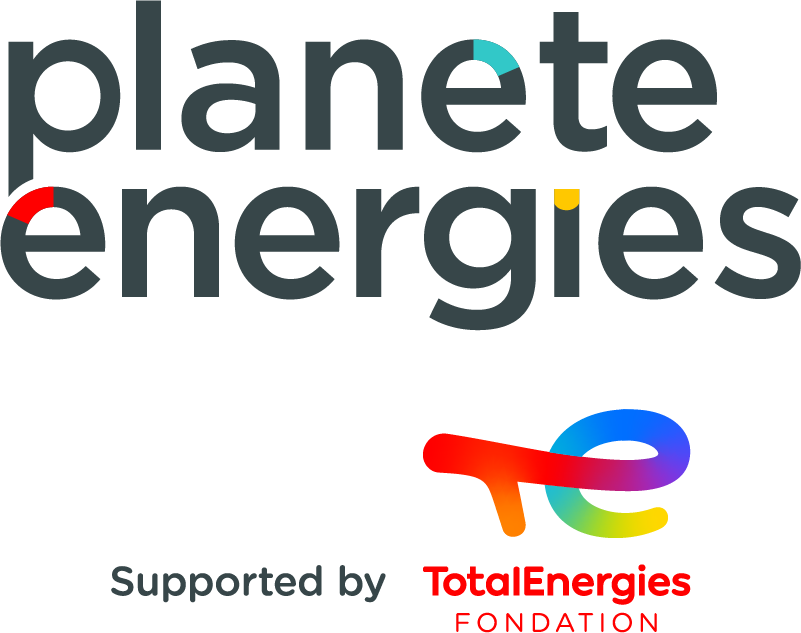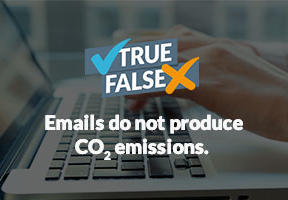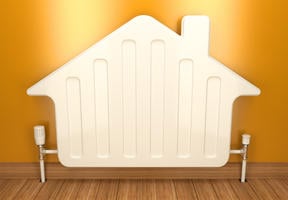Housing: The French Energy Performance Certificate
10 min read
Buildings account for more than 20% of the European Union’s CO2 emissions. For this reason, the E.U. adopted a directive on the energy performance of buildings in 2002. This prompted France to create Energy Performance Certificates (EPCs) in 2006 to encourage renovation work.

© THINKSTOCK - Improved insulation enhances the energy efficiency of homes.
Saving Energy and Money
An EPC indicates a building's annual energy consumption and impact in terms of emissions. It is designed to serve as a general guide, rather than to provide a precise energy performance assessment. The aim is to raise awareness about the amount of energy used by a building, its cost and its environmental consequences so that people can make an informed choice about where they want to live.
An EPC also provides information about the most effective measures to improve a property's energy performance and enhance its value before a sale, such as adding insulation or upgrading the boiler. There is, however, no legal obligation for the owner to carry out these recommendations.
Independent, Certified Experts
An environmental assessment must be carried out when building, selling or renting out a heated building in the E.U., whether a home, an office building or a commercial property. It must be conducted by an independent, certified expert, using a regulated calculation method. This can vary from one country to another, but must comply with the overall framework established by the European Union. The certificate remains valid for ten years.
France amended its regulations in early 2012 to improve the quality of its EPC system. As a result, the number of data assessed was increased to 60 from 30 and the expert certification process was strengthened via an additional test for the assessment of non-residential buildings. The French Ministry of Environment has set up an online directory to help people find a certified expert.1
There are numerous calculators on the Internet that can give you a quick, approximate indication of your home's energy consumption. However, these online tools have no legal value and cannot replace the EPC required when selling or renting a property.
How to Read an EPC
An EPC provides a description of a building and its heating, hot water, ventilation and air conditioning systems. It also indicates the building's documented energy consumption, based on energy bills, or its estimated energy consumption, based on standard conditions of use, as well as its greenhouse gas emissions.
To make it easier to read, the report includes two color-coded charts, one for energy use and the other for CO2 emissions. Each chart has seven bands, ranging from A for the best performance to G for the worst. The report ends with energy-saving tips and recommendations for improving . The EPC varies slightly depending on whether the building is a home, an office, a public building, etc.
Poor ratings for French Housing Stock
Energy consumption in existing buildings in France is particularly high. According to a 2011 study by assessor network EX'IM, 80% of French homes are rated D, E or F, three of the four lowest categories on the energy performance chart. A-rated buildings account for less than 2% of France's housing stock. These are generally modern properties that use
solutions such as solar panels and
systems.
It is also possible to commission a thermal performance assessment, which goes beyond the requirements of the EPC to identify sources of heat loss and suggest an effective action plan. This is particularly recommended before starting any renovation work.
Sources:






















